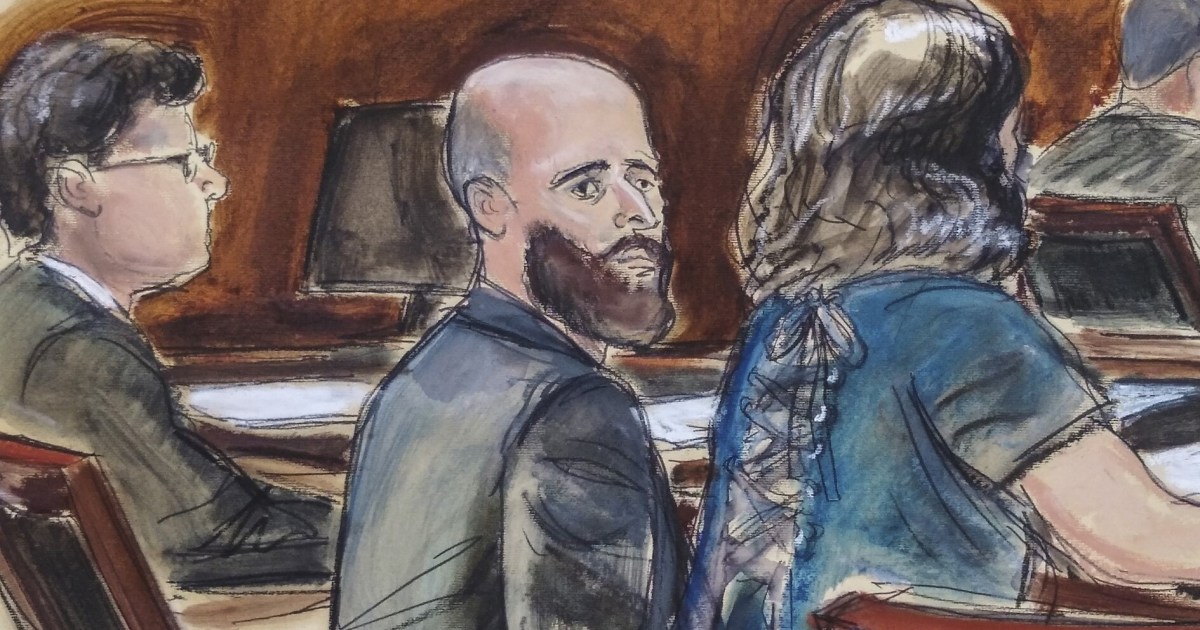A US court has found former CIA software engineer Joshua Schulte guilty of stealing national defense information that was leaked to Wikileaks.
Schulte was indicted by a federal jury for causing the largest theft of classified information in the history of the CIA, in a case dating back to 2017, when WikiLeaks revealed a set of classified documents detailing the methods, The New York Times reported. The agency's secrecy to hack the computer networks of foreign governments and terrorists.
Schulte was found guilty of nine counts, including unlawfully collecting and transmitting national defense information.
These charges carry a combined maximum penalty of 80 years in prison.
WikiLeaks dubbed Schulte "Vault 7", and US Department of Justice Attorney General Damien Williams described Schulte's actions as "one of the most egregious and damaging acts of espionage in American history," a leak that included "some of our most important intelligence tools." which has become known to the public, and thus to our opponents."
The leak included information about unknown software vulnerabilities - called "zero-day" in the language of cybersecurity - for "iOS", "Android", "Microsoft Windows" and "Samsung Smart TV" devices. (Samsung Smart TVs).
The inclusion of the source code in the leak was highly controversial.
Although WikiLeaks initially blocked it and promised to alert the tech companies involved to help them fix the bugs, it was slow to get in touch with them, eventually releasing part of the code.
In other words, the leak was a treasure trove of CIA information.
A former colleague of Schulte said that the leak affected her greatly, and that the leaked information "could hurt people and affect our mission. It's a huge loss for the organization."
Sean Roach, the CIA's deputy director for digital innovation when Schulte was at the agency, described the leak as "digital Pearl Harbor," referring to the Japanese attack on Pearl Harbor that drove the United States into World War II.
Roche said the CIA had to shut down "the vast majority of operations" to assess the damage caused by the leak.
He added - in his testimony before the court - "We immediately severed the ties we had with other parts of the government, as well as with key foreign partners, who often put themselves at risk to help the agency."
Unlike Chelsea Manning, who in 2010 gave WikiLeaks thousands of classified documents related to the Iraq and Afghanistan wars because she wanted the public to know about war crimes committed and change their perception of those wars, Schulte was more motivated by hatred of the CIA, according to former colleagues who spoke to the newspaper.

